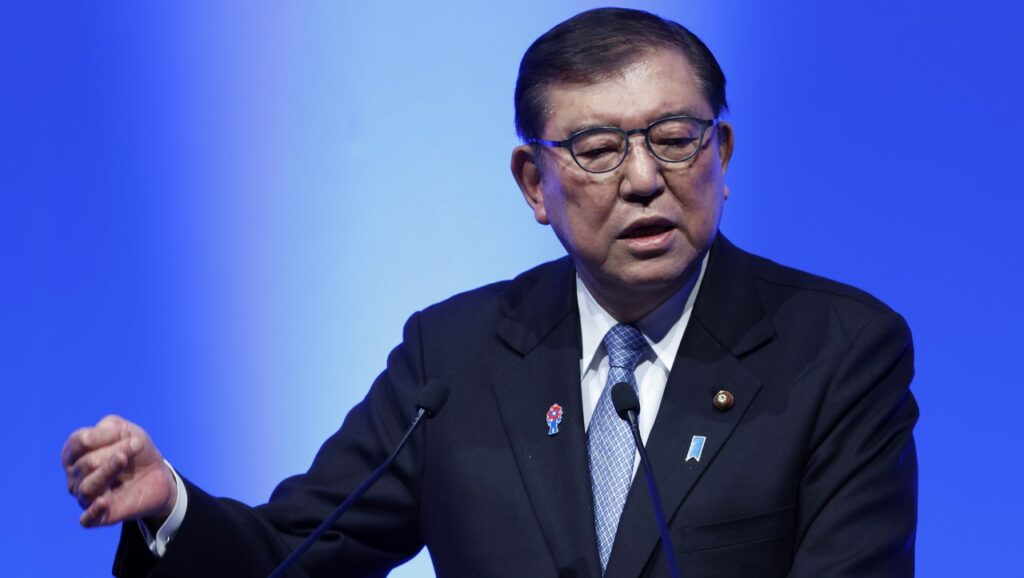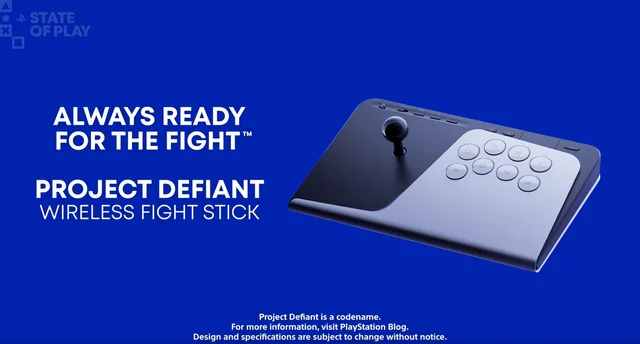
Japan’s PM Criticizes ‘Assassin’s Creed Shadows’ for Cultural Inaccuracies and Shrine Destruction.
The latest installment of Assassin’s Creed faces backlash from Japan’s Prime Minister over historical inaccuracies and disrespect to cultural landmarks.
The newest entry in the popular Assassin’s Creed series, “Assassin’s Creed Shadows”, has come under fire after Japan’s Prime Minister publicly criticized the game for its portrayal of Japanese culture. The latest installment in the franchise, which is set in feudal Japan, has drawn significant attention for its historical inaccuracies and the destruction of iconic Japanese shrines within the game.
In a press conference, Japan’s Prime Minister Fumio Kishida expressed his disappointment, stating that the game’s depiction of Japan’s rich cultural heritage was not only misleading but also disrespectful. “The destruction of sacred sites and the distortion of history in the game does not align with the values we hold dear as a nation,” Kishida remarked, highlighting that the country takes its cultural preservation seriously.

“Assassin’s Creed Shadows” follows the familiar formula of the franchise, mixing real-world historical events with fictional narratives. However, many fans and critics in Japan have expressed concern over the way the game portrays the destruction of historical shrines and temples as part of its plot. Several iconic landmarks, which are central to Japanese culture and religion, are shown being demolished during key missions.
Cultural experts have also weighed in, noting that while video games often take creative liberties with historical events, certain aspects of Japanese traditions and sacred sites should be treated with more respect. Some have called for the game’s developers, Ubisoft, to issue a public apology or make changes to the game in order to better align with the cultural sensibilities of the Japanese people.
In response, Ubisoft has acknowledged the feedback and stated that the team worked with consultants during development to ensure that the game’s setting was as authentic as possible. The company also emphasized that while the game does take some creative liberties, the intent was never to disrespect Japan’s culture. Ubisoft has yet to announce any plans to change the game’s content, but they have promised to engage in further dialogue with cultural representatives to address the concerns raised.
As Assassin’s Creed Shadows continues to be a major commercial success globally, the controversy has brought attention to the growing influence of cultural sensitivities in gaming. How Ubisoft chooses to respond to Japan’s criticisms will likely have long-term implications on how game developers approach cultural representation in the future.

Highlight:
- “Japan’s Prime Minister Fumio Kishida publicly criticized the game for its portrayal of Japanese culture and destruction of sacred sites.”
- “The game has drawn backlash over its depiction of the destruction of historical shrines and temples, which are central to Japanese culture.”
- “Ubisoft has acknowledged the feedback but has yet to announce plans to change the game’s content.”
- “Cultural experts have called for a more respectful treatment of Japanese traditions and sacred landmarks in gaming.”
- “The controversy brings attention to the growing influence of cultural sensitivities in the gaming industry.”











Post Comment